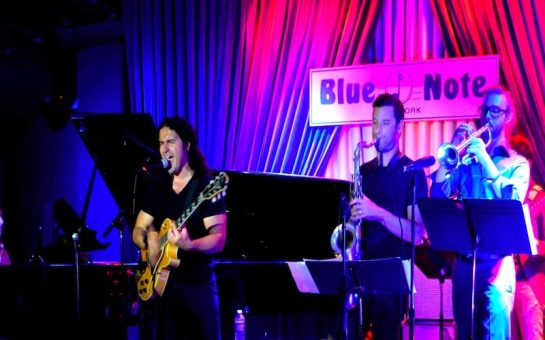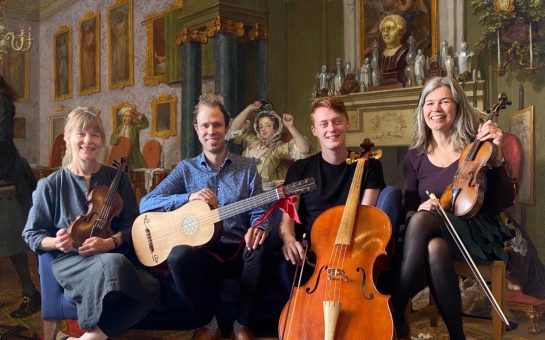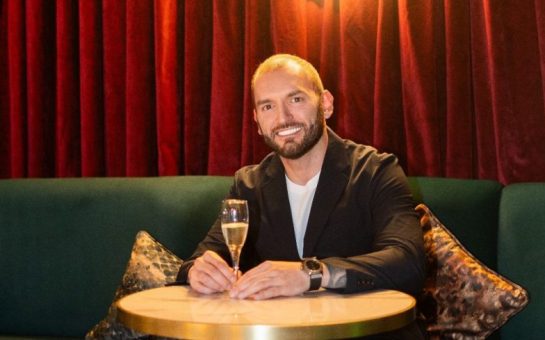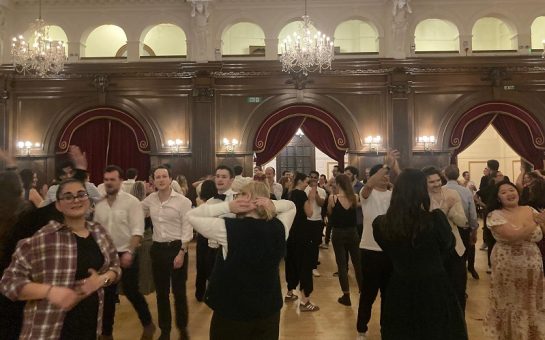When London-based all-female indie quartet Friedberg landed their track Go Wild on the Fifa soundtrack, it looked like 2020 was going to be their year.
But when they returned to the UK in February after gigs in Switzerland, the writing was already on the wall. It read: lockdown.
“We were gearing up from a really intense and really fun summer, and then suddenly there was a realisation of: this is it, for the year,” said Friedberg manager Daniel Skerritt, 26.
“Morale is a big thing. Friedberg are a truly astonishing live act, so we were really looking forward to the live element of it.
“I think my real concern, as the manager of a developing band that is fairly new, is what the fallout will be for smaller live venues. Whether there will be sufficient support in place to allow smaller venues to allow gigs to happen.”
This is concerning for all young musicians, who rely on grassroots venues to make connections, hone their live performance and hopefully catch that lucky break.
The government’s £1.57 billion Culture Recovery Fund for UK music and arts venues was created to save venues of all sizes, but many small gig venues in London either didn’t receive funding, or are still struggling despite it.
One such venue is Camden’s famous The Dublin Castle, which has hosted huge bands on their journey to the big time, including Arctic Monkeys, Madness and Travis.
Manager Henry Conlon, 53, said: “In full flow, we’d be having 20 plus bands a week. We only had one gig between lockdowns.
“The trouble with small venues is, they are always quite intimate and to keep people socially distanced, you’re going to be losing money straight away.
“I’m expecting Dublin Castle to pull through, but we’ll have to change our format. Not sure if we’ll be able to do live music every night.”
With the live aspect of music scratched and uncertain, bands have had to adapt and take risks to survive.
Peter Marchant, 29, frontman of London band Phantom Isle said: “Thirty years ago, it would have been impossible as an artist to operate in these circumstances, but now you can just about still have a presence. You can create quite decent material without ever setting foot in a studio.

“It’s forced us to work in a slightly different way. Music is very much a digital process these days anyway, and it has almost kind of made us a bit more electronic. Covid has really accelerated that.”
London indie-rock quartet, Luna Bay, have had a good level of success over the last year, with song Call the night breaking a million streams on Spotify. Similarly to Phantom Isle, social media has been key to stay at the forefront of fans’ minds.
Luna Bay frontman Connor O’mara, 25, said: “The main thing that’s getting us through is just being able to release music, because the live side is just completely gone.
“At the moment we are trying to do as many Instagram lives as we can, to keep a sort of online presence.
“It’s a kind of way to show off a little bit more of the band, like people from their own home can get to know us a little better.”
Will Fairhead and the Gulls, a band that formed in January after meeting on North London’s blues scene, took a more radical approach to tackling the virus, in classic rock and roll fashion. They called it the ‘Impossible Tour’.
When the initial lockdown restrictions were eased in summer, the band hit the road to bring their music to high streets around the UK, at seemingly the hardest time to do so.
Will Fairhead, 26, said: “When we come out on the streets, we don’t look like buskers.
“We come out in our gig clothes, we put our amps down, we run it through a battery so we’ve got power, and we play to streets already full of people.
“You turn up and you give it your all, and your intentions are there, and people feel it. It was our first tour and we ended up in profit.
“I’m blessed to be living my dream at this unexpected time but I am also aware that you make your own chances, and we stepped out in the world saying we are gonna give it a try.”
Feature image shows Will Fairhead & the Gulls on their ‘Impossible Tour’.




